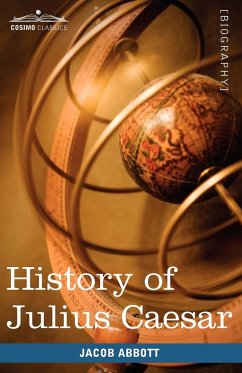Discover what life was like for the first-ever Europeans during the Stone Age. Then, fast forward to the Bronze and Iron Ages when the first advanced civilizations emerged in Europe. You'll discover more about the ancient civilizations of Greece, Rome, and the Northern European barbarians. Next up on your tour of European history, you will enter the gruesome middle Ages, when Vikings and knights were the heroes and villains of the day. The medieval time was also a war-torn period. You will learn about the Norman Conquest, the Crusades, and the Hundred Years' War before finally discovering the grizzly truth of what the Black Death was. Here are just a few of the incredible things you'll discover in this book:What inspired the US Declaration of Independence? Who believed telling the truth was the most important thing, even if it hurts people? Did you know that children as young as four years old once had full-time jobs? Where did the famous phrase "let them eat cake" come from? Who was the most famous short man ever? How did one man's death start a world war? In doing so, they recognized the enormous strategic value of the Cape as global shipping routes were developing and expanding. Possession passed back and forth once or twice, but more or less from that point onwards, the British established their presence at the Cape, which they held until the unification of South Africa in 1910. However, it would only come after several rounds of conflicts.
Hinweis: Dieser Artikel kann nur an eine deutsche Lieferadresse ausgeliefert werden.
Hinweis: Dieser Artikel kann nur an eine deutsche Lieferadresse ausgeliefert werden.








